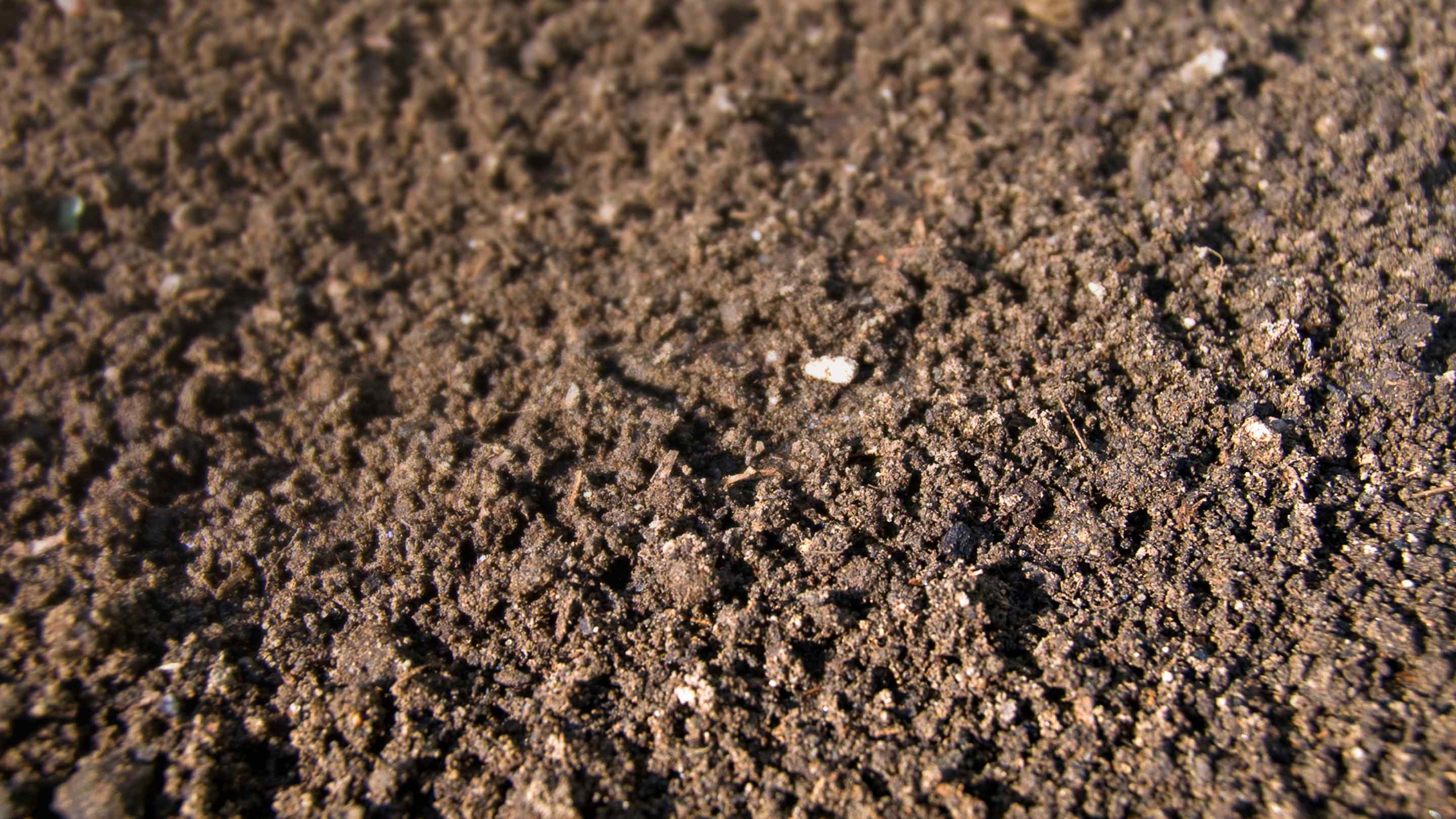Denmark's national soil contamination database.

DKJord is a database that manages information on soil contamination in Denmark. It is primarily used by regions and municipalities to register, update and share information about mapped contaminated areas. The data in DKJord is essential for authorities, consultants and citizens seeking insight into potentially contaminated sites, and it supports work related to risk assessments and remediation plans.
DKJord is a system where all data on soil contamination is collected. The database contains information on contaminated sites, which has been mapped at knowledge levels V1 (suspected contamination) and V2 (confirmed pollution), and it serves as a source for public authorities, such as regional administrations, to access data for managing and following up on their soil contamination efforts.
For municipalities and regions
DKJord is a central tool for the administration of mapped plots. For example, a municipality can use DKJord to find information about the level of pollution on a property that is to be built on and take the necessary measures before the start of the project.
For advisors and consultants
Environmental consultants can extract information from DKJord to assess risks and develop solutions for remediation and mitigation solutions. It is also useful for preparing risk assessments for building and construction projects involving potentially contaminated soil.
The system is also connected to other services via web services, which enable users to integrate data from DKJord into their own systems. In March 2023, the system's web services were updated to a REST-based structure, which improved usability and access to data.